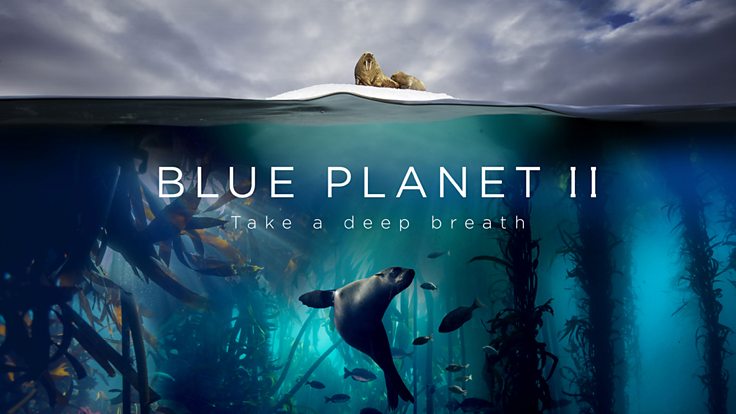Climate change is the largest danger looming over us today. Without doing something to raise awareness, and then to take action and actually stop it, climate change will end us all. Unfortunately, climate change still is not considered a serious threat by so many people, and one of the largest communities that fall into that description is gamers. Games that discuss and truly show climate change in all its horror are few and far in between. Companies and scientists have explored how gaming can raise awareness and grow understanding of climate change, but many are still wondering where to go from these studies.
Currently, only a few games on the global market of gaming actually show any interest in Climate Change and global warming. Games like ‘BBC’s Blue Planet 2 were designed to bring attention to the beauty of nature and the harm that can be done to its delicate balance. “We believe the real world is as mysterious, complex, and beautiful as the most richly imagined worlds of fantasy and science fiction,” Kevin Jorge, the senior producer of games and Interactive at BBC, says. He states his goal with games like Blue Planet 2 are “to raise big issues and provoke discussions about our planet.” Other games like Minecraft: Bedrock have allowed players to explore green energy and resource management (energy generators or vertical farms, for example), and there are others like Civilisation VI and The Sims 4 that have developed DLCs with heavy interest in climate change.

Scientists have also explored how gaming can help people learn about climate change and its effects on the real world. A study in 2018, set in Germany, saw 235 students react to climate change in a board game called KEEP COOL – developed by a resource economist and physicist. Each player was a leader who gained currency through the use of factories. They had the choice between the more efficient gas-powered factories, or the slower carbon-neutral factories. Throughout the game, the more carbon that is built up increases the global temperature until a given limit, at which point the game ends and everyone loses. Players in this study who chose carbon-negative factories were found to be more likely to consider climate agreements achievable. Jasper Meya (an environmental economist at Carl von Ossietzky, University of Oldenburg, Germany) hypothesised that the players realised how their own actions affected the climate in the game and extrapolated that onto real life.
The United States White House Office of Science and Technology Policy created ‘EarthGames’, an organisation that developed games using 24 people within three days. From then on, they’d go on to analyse how people played each game in studies. AdaptNation, one of the games that was developed by ‘EarthGames’, had people play as city leaders who had to manage a range of resources while preparing for climate related challenges such as drought or issues caused by the ocean becoming more acidic. The player would win if they survived four separate climate challenges without using up any of their resources. Other games included The Other World, an augmented reality game similar to Pokemon Go where the player had to help save people in dangerous situations caused by climate change – unfortunately, this game is only playable on the Washington Bothell University campus – and it was developed by a student named Andrew McDonald.

However, there is still a lot to do from here. Ecologist Josh Lawler says “we need to move faster. We need to appeal to more people.” Other scientists has expressed concern and interest in educating people through popular ‘serious games’ similar to Red Dead Redemption or Civilisation VI: Gathering Storm. Tania Quariachi -gaming, communication, and environmental expert at Hanze Uni of Applied science Groningen Netherlands- wrote a study that observed how effective educational games are and how they could be more effective. The study offers that the games need to be fun and engaging, amongst other things. Quariachi says that the study can be used to guide the development of new games and analyse current games’ engagement. “The world of video games about climate change still has a very sectoral and secondary interest in pedagogical terms,” says Jose Gutierrez, a co-author of Quariachi’s study and professor of Research and Diagnostics in Education at Granada University, Spain. He’s concerned that the lessons in environmental games will only remain as “greenwashing”, and without substantiation of the beliefs and goals.
Throughout the coming years, we will see climate change impact us in one way or another. With scientists and avid supporters of the Climate Change theory doing their best to spread information and support towards saving the planet, it is already showing how their efforts are affecting the world. With games being developed to engage with the beaty of our current world, studies being done to see how people can learn about climate change through games, and scientists showing a desire to see even more education on the topic of climate change, there is no doubt this movement has grown far and wide. With this unanimous effort, perhaps we can overcome the dangers to come.
